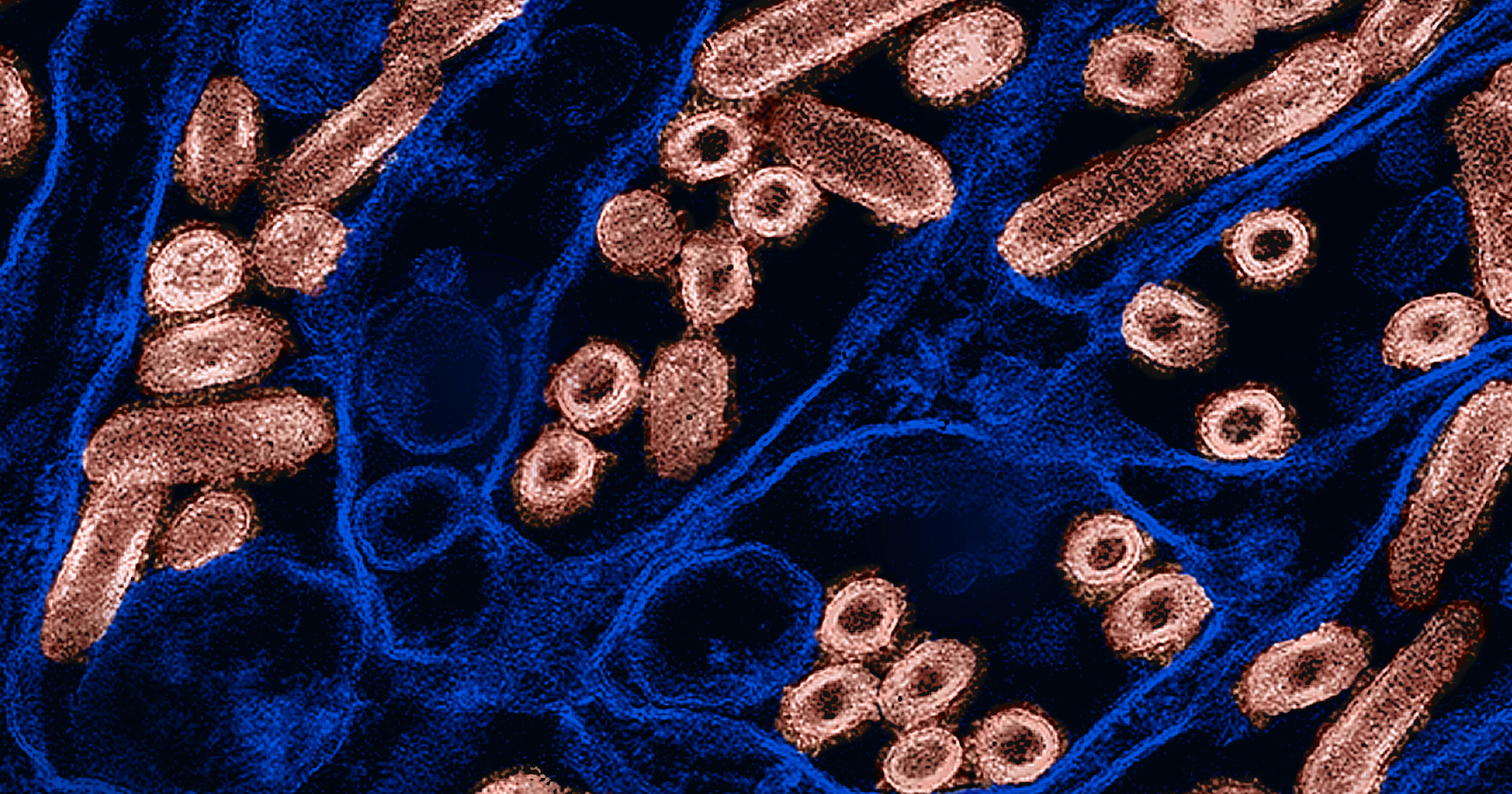The number of sick days employees working for the Treasury Board of Canada Secretariat took during the month of September skyrocketed as the department urged public servants to make their way back to their offices at least three days a week.
According to departmental data, TBS employees took a total of 2,191 sick days between Sept. 1 and Sept. 30.
That was up significantly from previous years. During the same period in 2023, employees took 1,708.9 sick days. In 2022, they took 1,477.9 sick days and in 2021 they had 1,075.4 sick days. In 2020, during the early months of the COVID-19 pandemic, TBS employees’ sick days totalled a mere 827.6 days.
Comments closed
